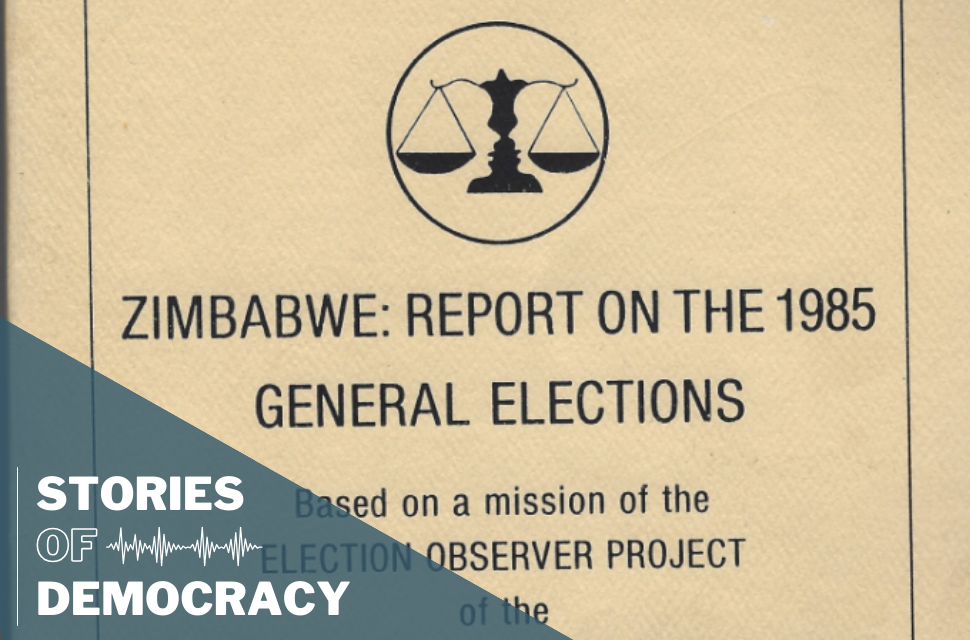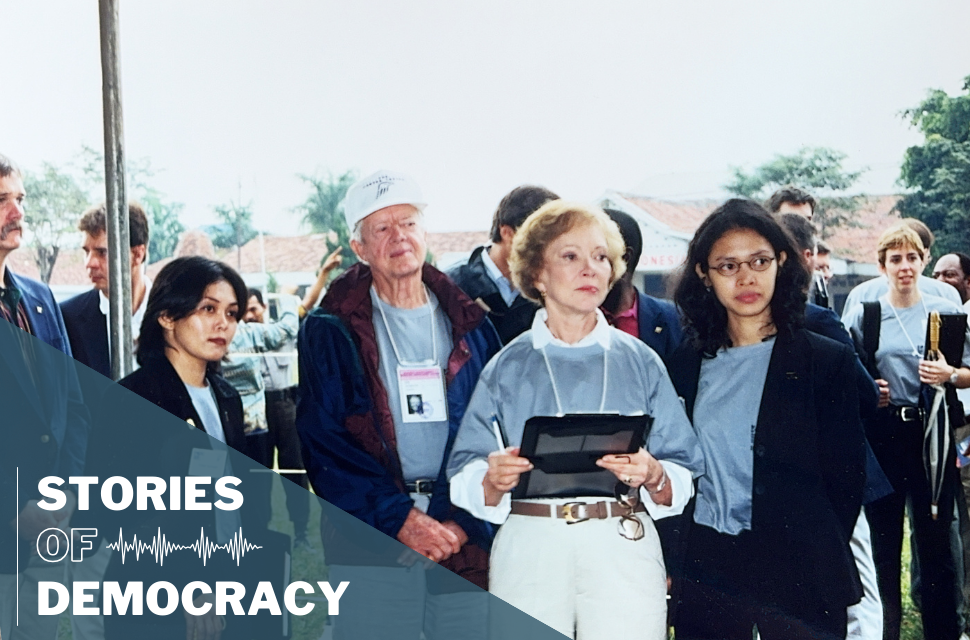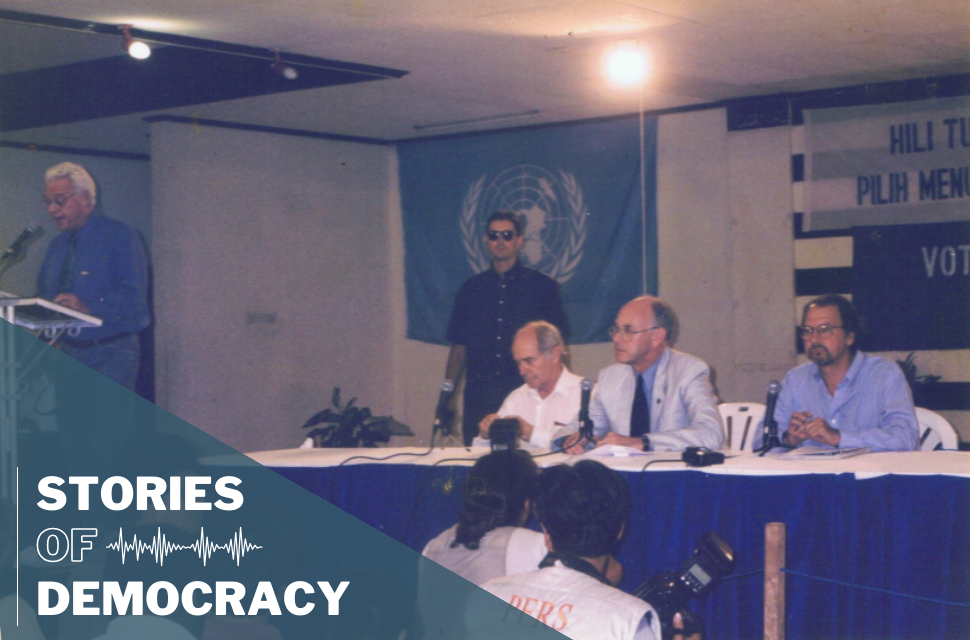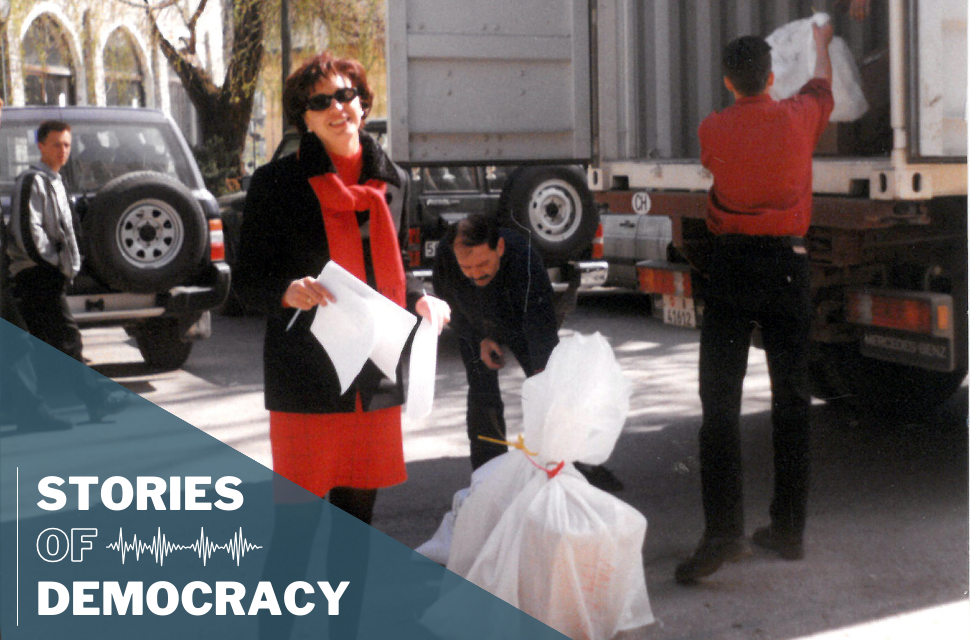Zimbabwe - 1985 - General Election

The 1985 legislative elections in Zimbabwe were the second since the nation gained independence from the United Kingdom under the Lancaster House Agreement. This agreement, among other provisions, guaranteed protections and privileges for the country’s white population, including separate voting rolls for white and African citizens. Despite making up less than 1% of the population, white voters elected 20 representatives to the National Assembly, while the African majority, accounting for 99% of the population, elected 80 representatives.
These elections took place against the backdrop of a brutal campaign by Prime Minister Robert Mugabe's government, known as the Gukurahundi, which targeted dissent in the Matabeleland and Midlands regions, particularly aimed at supporters of the main opposition party, the Zimbabwe African People's Union (ZAPU), led by Joshua Nkomo. This campaign fostered a climate of fear and intimidation throughout the country ahead of the elections. Mugabe’s party, the Zimbabwe African National Union (ZANU), ultimately won the elections with a landslide, securing 64 out of 100 seats and 77% of the vote. The Zimbabwe African People's Union (ZAPU) tied for second place with the white-interest party, the Conservative Alliance of Zimbabwe (CAZ). Due to the separate voting rolls, both parties won 15 seats, despite ZAPU receiving over half a million votes and CAZ only 18,000. These were the last elections where separate rolls were used, as in 1987 Mugabe amended the constitution, establishing a presidential system and eliminating the white roll.
In this recording, Larry Garber shares his insights from monitoring the elections as part of a four-person international delegation. He highlights the challenges of conducting elections with two separate electoral rolls and the disagreements among election monitors. Garber is an independent consultant with more than 35 years of experience working on issues relating to international development, democratic elections, and human rights. Larry was a senior official with the US Agency for International Development (USAID) for 15 years, including five years as mission director for USAID/West Bank-Gaza (1999-2004). He authored Guidelines for International Election Observing in 1984, which was the first handbook of its kind and sought to integrate human rights principles into the observation process.
Since the publication of the Guidelines, he has observed elections in more than 30 countries, most recently the Zimbabwe harmonized elections in 2018 and the Palestinian municipal elections in 2022. He also served as Carter Center Chief of Party for the Zimbabwe International Observer Mission from July 2022 to July 2023 but was denied a visa to enter the country. In 2017, Larry and several former colleagues who had worked on international election programs formed the Election Reformers Network, which sought to apply lessons from overseas to the US electoral process. In this capacity, he co-authored Guardrails For The Guardians: Reducing Secretary of State Conflict of Interest arguing for changes in the method for selection of chief election officers in the United States. Since 2020, he has also served on the National Task Force on Election Crises, which seeks to anticipate potential problems in the administration of elections and to address substantive solutions. Larry has also taught courses on Election Law: US and Comparative Experiences at the Arizona State University Law School
.png)

.png)

.png)







.png)





.png)



.png)





.png)
.png)
.png)
.png)
